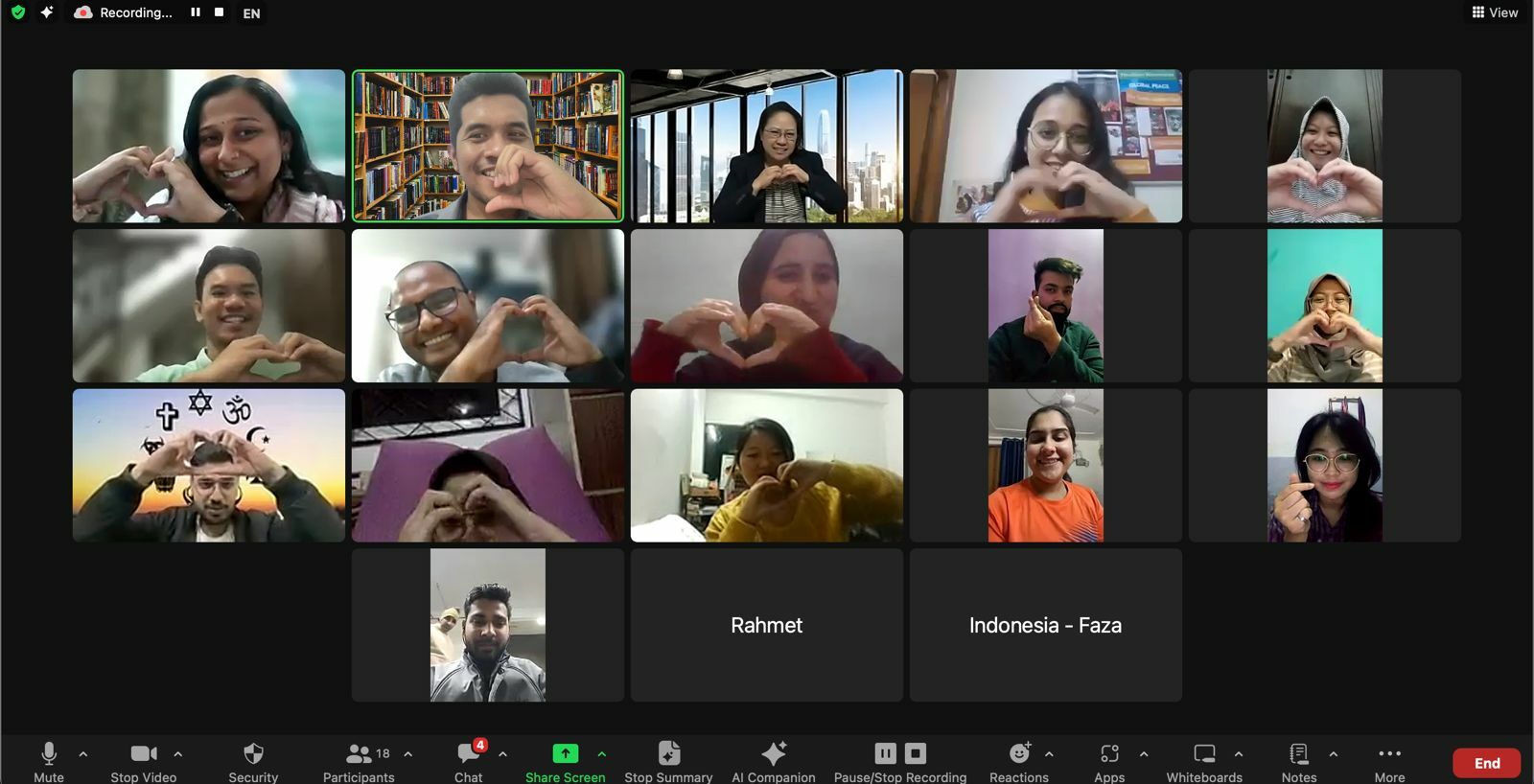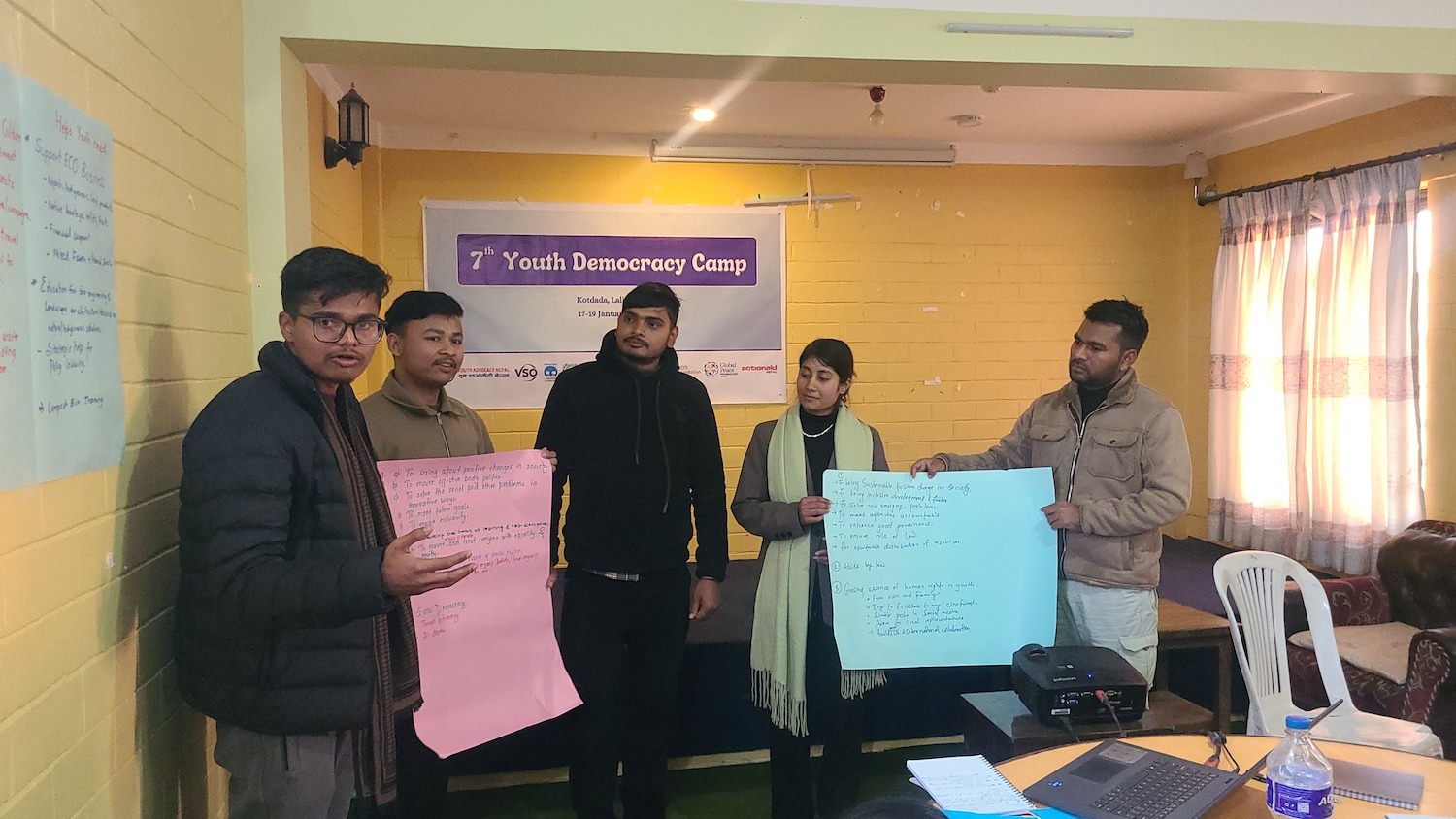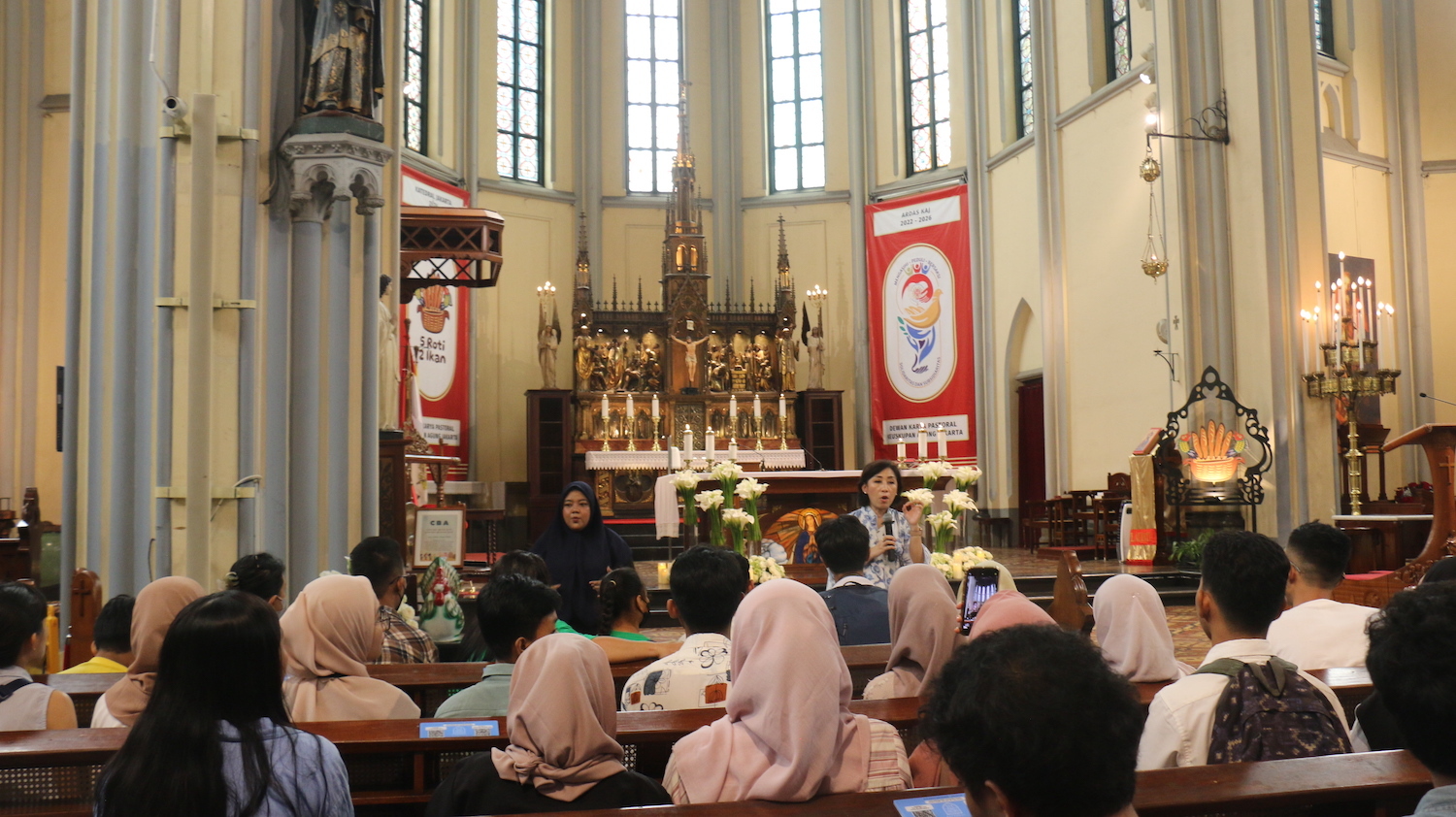Young people can act as effective peace agents when given the right opportunities to contribute in conflict situations said organizers of a youth-focused pilot project in Garki and Kuje communities in Nigeria’s Federal Capital Territory of Abuja.
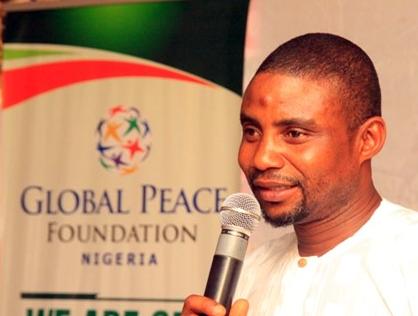
GPF Nigeria Program Manager Abdul Ahmed.
To provide a platform for youth-driven responses to insecurity and radicalization, GPF Nigeria engaged more than 43 young people of different religious, ethnic and cultural backgrounds in an interactive dialogue session on April 12, 2021. Radicalization and violence among youth in Nigeria is common, organizers noted. As youth are principal actors, they must be included in peacebuilding processes.
GPF Nigeria Country Director Rev. John Joseph Hayab stressed that the purpose of the gathering was to engage young people and hear their voices on finding lasting solutions to conflict in Nigeria. He pleaded for cooperation among the participants and charged them to be “good ambassadors who will reflect the moral values the community upholds.”
GPF Program Manager Abdul Ahmed facilitated the session of interactive dialogue where youth discussed the forces behind radicalization leading to violent extremism. “Youth are always part of the problem of insecurity,” he said, “but unfortunately, they are not usually being recognized as part of the solution.”
Among the causes of conflict cited by participants were political exploitation of unemployed youth, substance abuse, poor education, psychological trauma of witnessing violence, especially against parents or relations, lack of social support, and inordinate religious, ethnic and tribal loyalties.
The program saw the beginnings of a paradigm shift in the mindset of the young people, who recognized their involvement and participation will immensely help in achieving sustainable peace and development
Participants discussed a number of important issues to counter conflict in Nigeria, including regulation of illicit substances; greater emphasis on moral values in upbringing, better education, job creation and opportunity, sensitization on religious and cultural differences, provision of social services, and recognition that all belong to one human family.
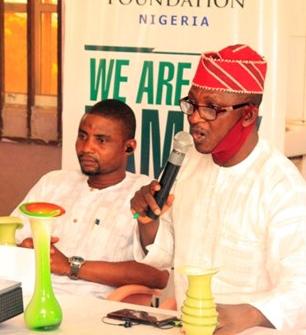
Program Manager Abdul Ahmed (left) and Country Director Rev. John Joseph Hayab give opening remarks at Kuje Youth Interactive and Dialogue Forum.
Through the interactive session, participants proposed several practical several measures to mitigate conflict and foster peace, among them,
- Religious and traditional leaders should teach and spread tolerance for all human beings irrespective of background.
- Government should gainfully employ the youth without bias as to their background.
- Government should promote skills acquisition which will encourage innovation.
- Schools should educate and train youth for economic advancement.
- An annual orientation for the youth should be organized to disengage from violence.
The program saw the beginnings of a paradigm shift in the mindset of the young people, who recognized their involvement and participation will immensely help in achieving sustainable peace and development.
The willingness of the young people to form a Network of Peace Promoters in the area is an important step for a sustainable, peaceful and inclusive society.
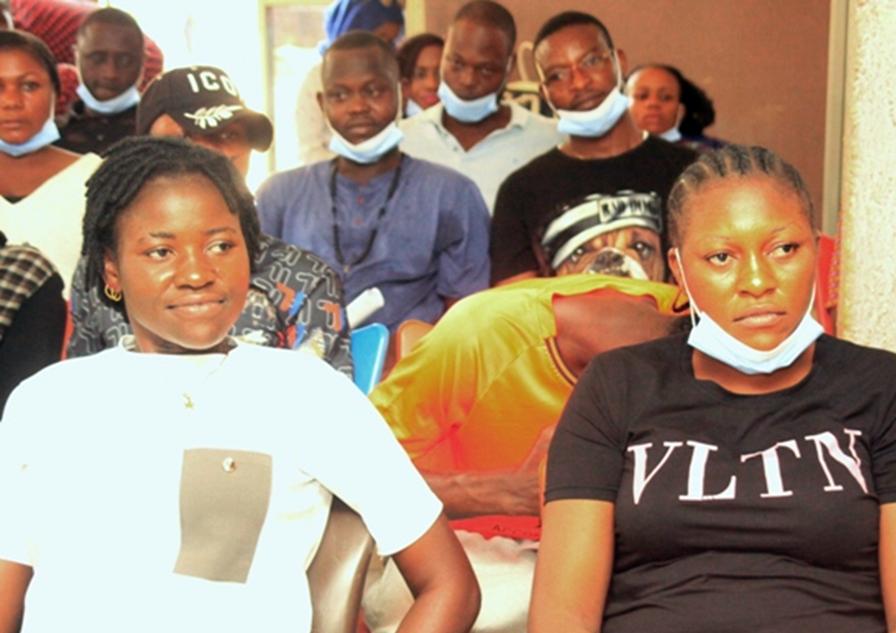
Participants during the discussion period.
Having promoters in place in Kuje community is a critical achievement and is beginning to address communication gap among youth of different religions, said participant Simon John. “Some of us have already exchanged contacts and not only that but have started visiting one another.”
“I have gained a lot from this intervention,” said another participant, Dami Musa. “My perception has completely changed. I know I can promote culture of peace in my community.”
“I am very glad to be part of this great network for peace which there was none in the past,” added Adina James Chris. “If we can embrace this initiative to work collectively, it will go a long way in sustaining peace in our society.”
For more information on peacebuilding in Nigeria, visit Global Peace Foundation Nigeria.

